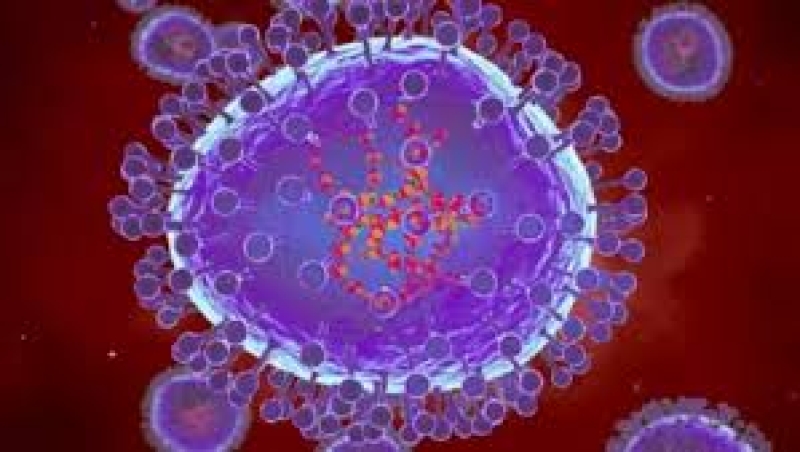- Remittance Inflow Surges 45% to $3.17bn in January |
- Militant Attacks Kill 33 in Balochistan; 92 Assailants Dead |
- Power generation at Payra Thermal Power Plant 1st unit starts after a month |
- Irregularities, injustice will no longer be accepted in politics: Jamaat Ameer |
- 2 arrested in Jhenaidah for allegedly selling madrasa student |
Reovirus Detected First time in Bangladesh

For the first time in Bangladesh, the Institute of Epidemiology, Disease Control, and Research (IEDCR) has confirmed the presence of the Reovirus in five individuals.
This discovery followed an investigation into patients exhibiting symptoms similar to the Nipah virus in 2024, according to IEDCR Director, Professor Tahmina Shirin, who shared the update with UNB on Friday.
Fortunately, none of the five patients experienced severe illness. After receiving appropriate treatment, all of them recovered and were discharged, Shirin added.
Health authorities have reassured the public, emphasizing that there is no cause for alarm regarding the Reovirus. The virus has not shown signs of widespread transmission, and the cases identified remain isolated.
While the Nipah virus has been linked to the consumption of raw date juice during the winter months, all five individuals who tested positive for the Reovirus were found to be negative for Nipah.
The virus was identified as part of ongoing research efforts by the IEDCR in collaboration with Columbia University, USA. These five cases represent the first instances of Reovirus detected in Bangladesh.

